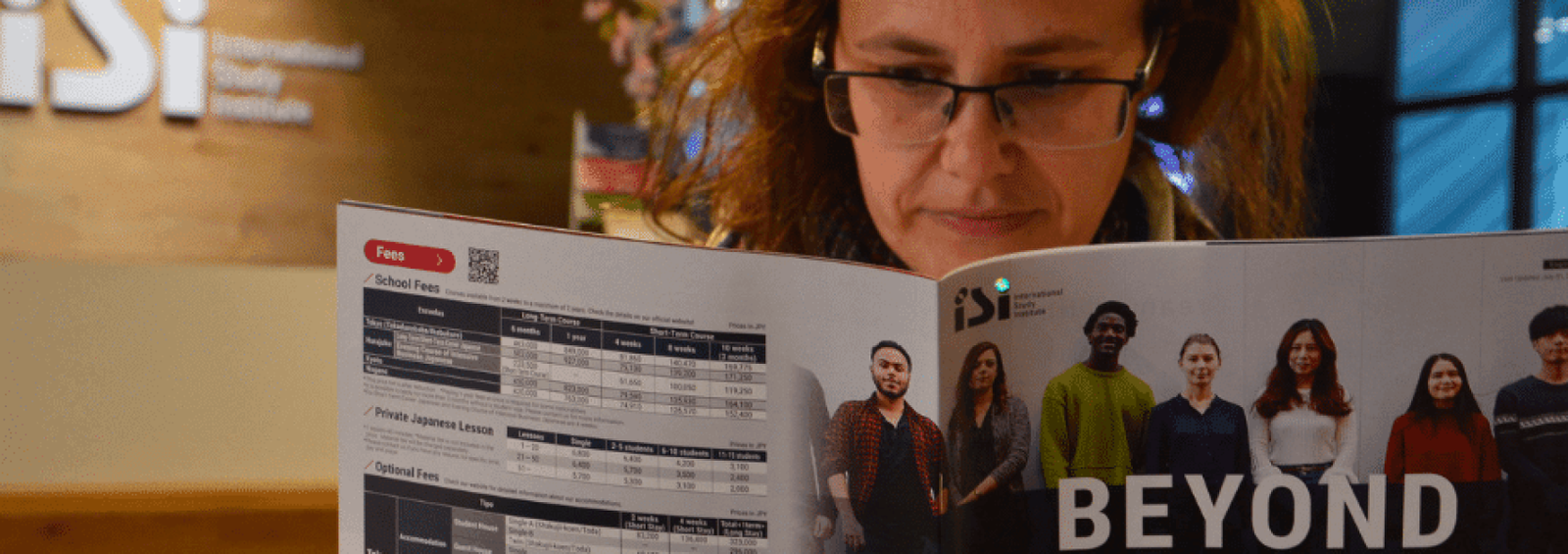Japanese has particular greetings that are only used on certain occasions, such as on the phone, at work, in restaurants and shops, etc. We use the appropriate words depending on the occasion and who we are talking to.
Formal greetings
Formal greetings in Japanese are very practical, because they are said in a polite manner and can be used in most occasions. These are: some formal greetings in Japanese.
Kon'nichiwa - こんにちは - (Hello)
Kon'nichiwa is the most common and classic word to say hello in Japanese. The term kon'nichi means literally "today" traditionally, and wa means "it is", or indicates the main subject of a sentence. In the old days, when people met someone, they would start a conversation by saying konnichi wa ii hi desu ne («Today is a good day») either kon'nichi wa ikaga desu ka ("How was today?").
Over time, the phrase was shortened and Kon'nichiwa is now the first word for greeting today. Kon'nichiwa is used on both formal and semi-informal occasions.
It should also be noted that it is normally only used during the day, between morning and evening.
Ohayō gozaimasu - おはようございます- "Good morning"
One of the most heard expressions in anime! Ohayō gozaimasu is the morning greeting to say "good morning" in Japanese. Ohayō comes from the word はやい (hayai) meaning “early” and the O in front makes the next word polite. Gozaimasu It is the very polite word used to end a sentence, which means "is" or "there are".
It is used on both formal and semi-informal occasions in the morning before noon.
Hajimemashite - はじめまして- (Nice to meet you).
Hajimemashite It is used when you meet someone for the first time to say "pleased to meet you" in Japanese.
This term of greeting derives from a polite conjugation of the verb hajimeru, which literally means «to begin» or «to start».
In greeting, Hajimemashite means to start getting to know someone new or to start a new relationship with someone. Essentially, it's a good way to introduce yourself in Japanese.
Sayōnara -さようなら - (Goodbye)
The word Sayōnara is probably one of the most famous Japanese greeting words., as it is sometimes used even in Hollywood movies to say “goodbye.” Sayōnara is the shortened version of Sayō naraba, which means: “If that is so.”
In the old days, when people walked away from another person, they would summarize their conversations by saying Sayō naraba and then they finished talking and left. It became the phrase for “goodbye.”
Sayōnara is a formal phrase but relatively more semi-formal. If you are looking for a more informal way to say goodbye to close friends, you can simply say bai bai («goodbye»), which is the Japanese spelling of the English word.
Informal greetings
Wondering how to say “hello” in Japanese informally? When greeting your family, friends, or someone close to you, a casual greeting style is the most appropriate! Saying “hello” in informal Japanese makes it sound more friendly, familiar, and amicable. However, keep in mind that it is considered very impolite to use these greetings when addressing older people or someone highly respected, especially in formal settings.
Ohayō — おはよう— (Good morning)
This is an informal version of Ohayō gozaimasu and is used to say good morning in Japanese.
Ohayō is an informal phrase used to greet your family, close friends, girlfriend/boyfriend, etc.
Hisashiburi - 久しぶり - (How long!)
This time we talk about Hisashiburi, this is just the shorter version of O-hisashiburi desu, which is missing the words O and desu, which make the sentence polite. Hisashiburi is an informal greeting word and is a very common way of saying “hello” when you see someone again after some time has passed. Especially when it comes to old friends or someone close.
Genki? - How are you? - (How are you?)
Surely you have heard the expression Genki? it is simply the abbreviated phrase of O-genki desu ka, which makes it a very informal way of saying "how are you?" in Japanese. It is a very practical word to greet someone close.
This greeting is used in informal settings and is suitable for casual and quick interactions with your close friends.
Saikin dō? - 最近どう?- (What's up? / How are you doing?)
If we talk about a very informal phrase, it would be Saikin dō? It is used to say "What's up?" In Japanese, saikin means “recently” and dō translates as “how?”
This term is used in informal occasions and very casual to greet someone very closeIf you want to use it in a more formal setting, just add desu ka at the end: Saikin dō desu ka.

Of course, there are more variations of saying “hello” in Japanese, and all of these Japanese greetings reflect Japanese culture. Of course, there are many more greetings in Japanese, but these They may be useful to you on your Japanese adventure!
If you are interested in living and studying in Japan, you can find out more here and if you want more info write to us!






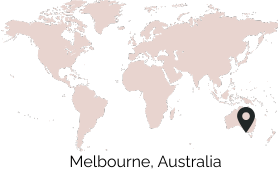


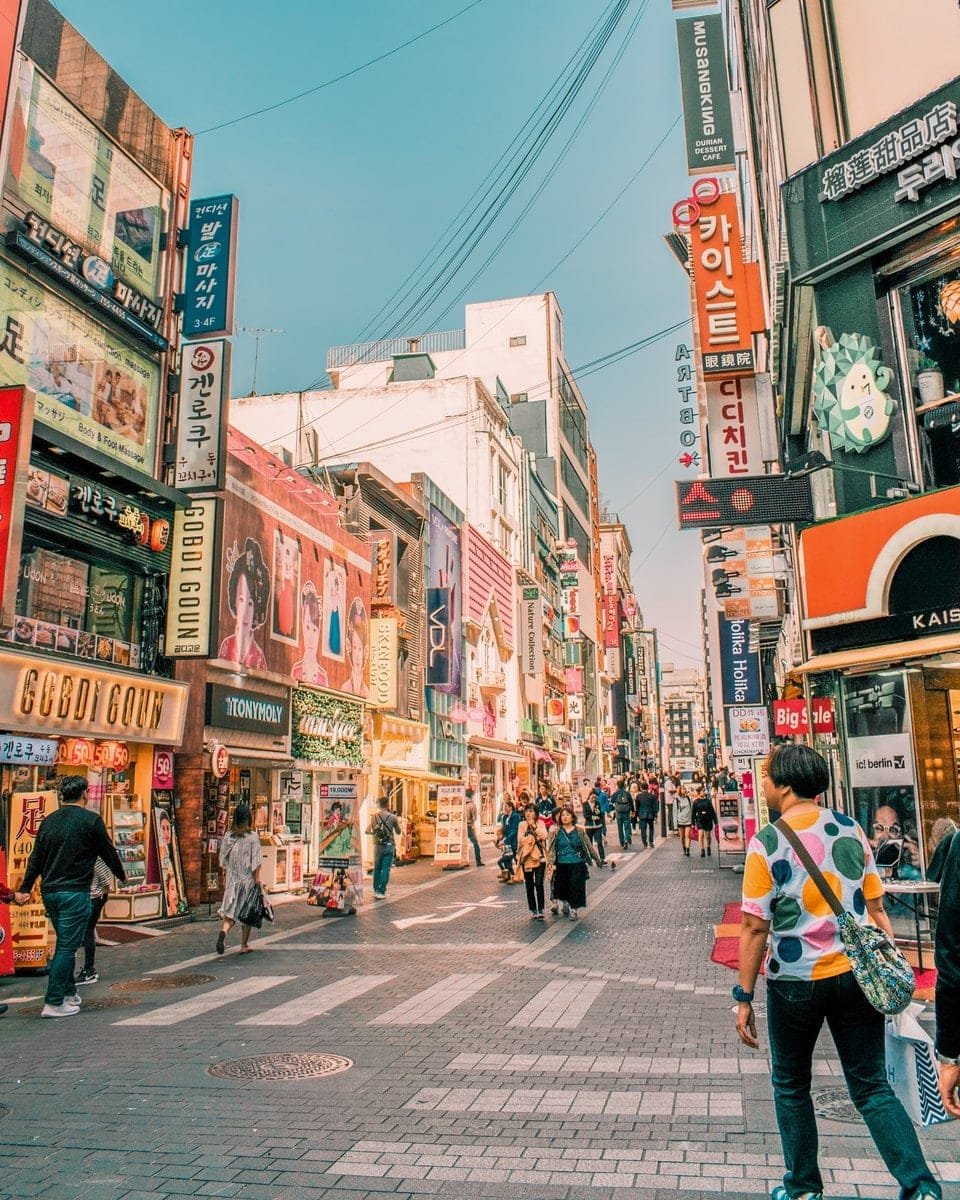
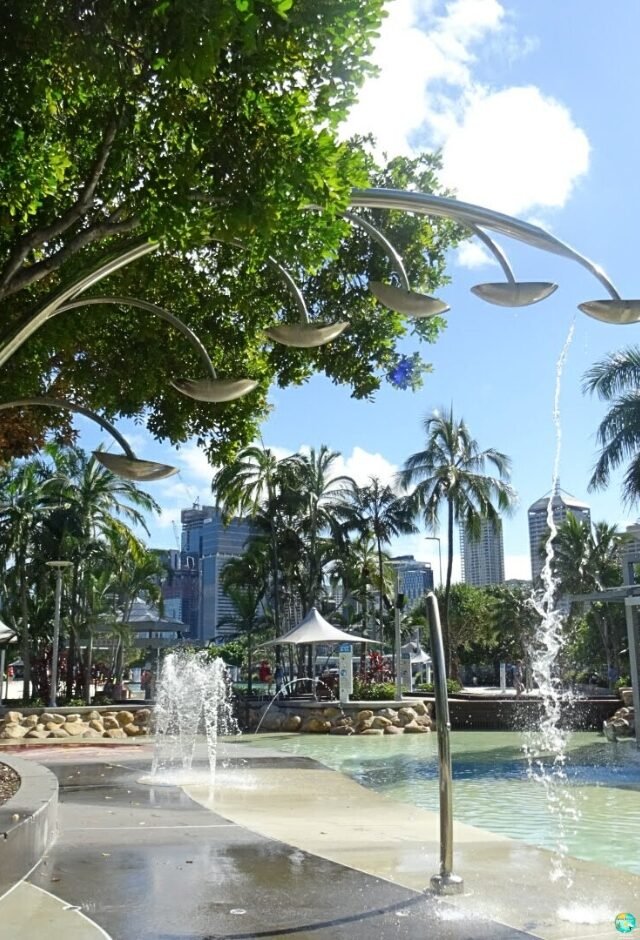












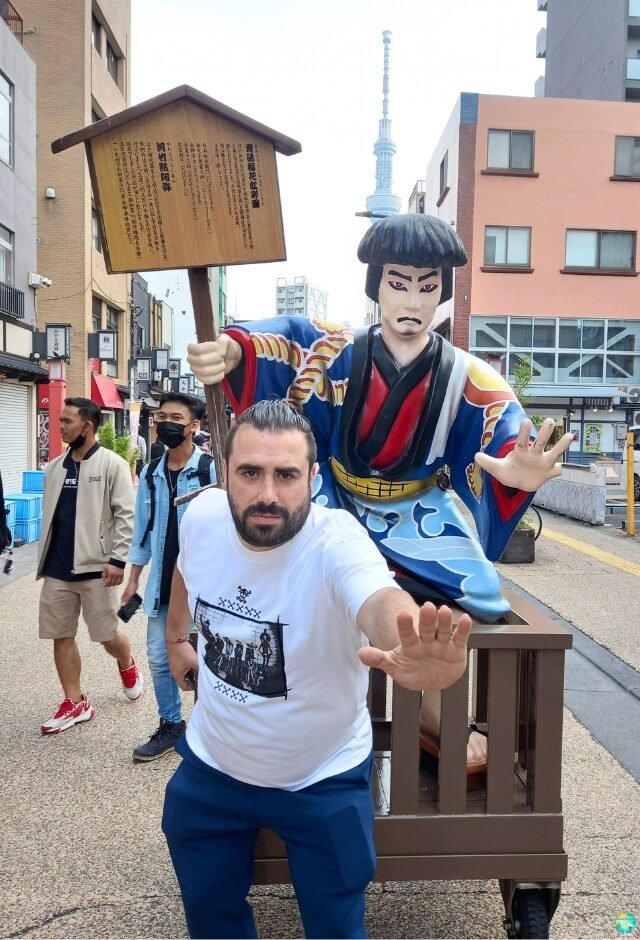




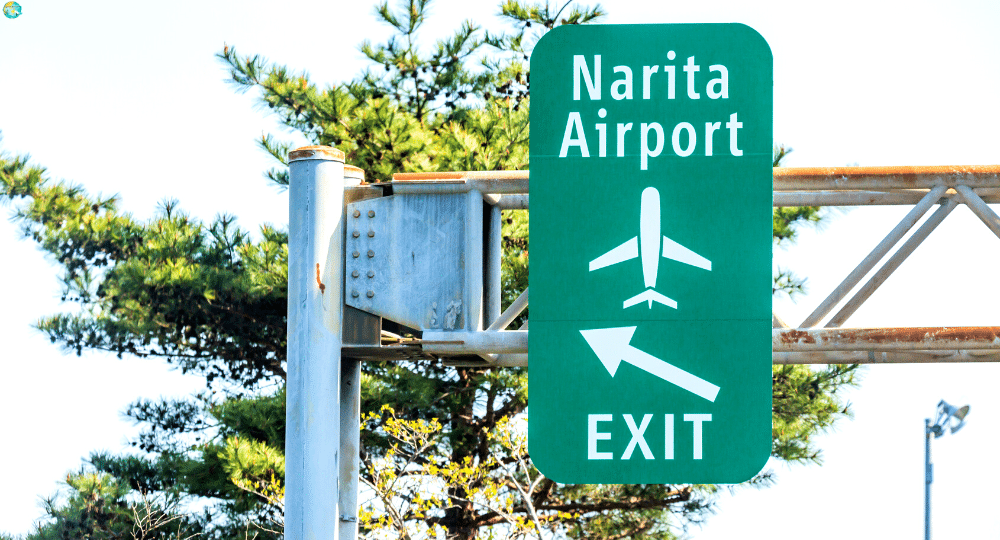


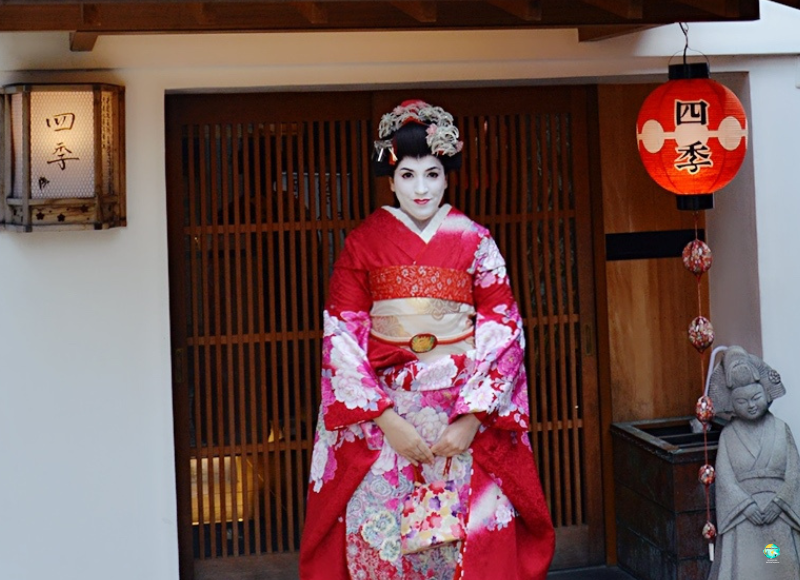
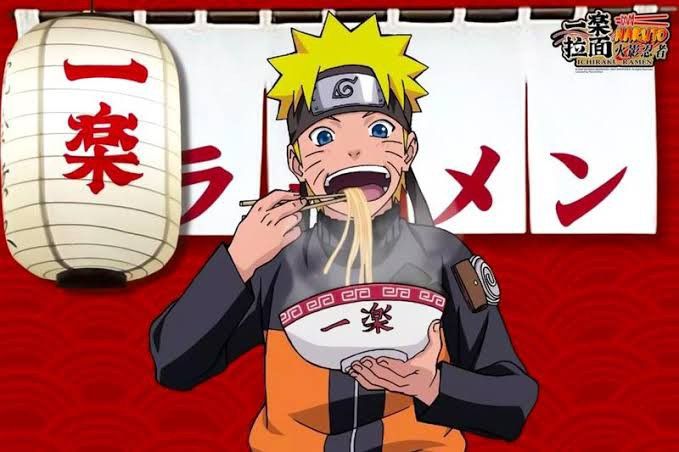
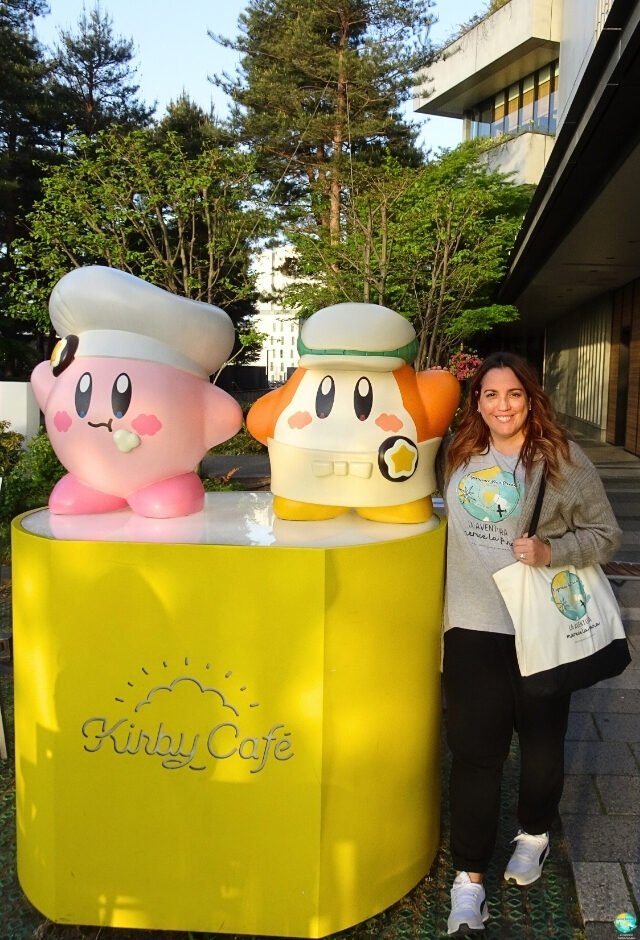

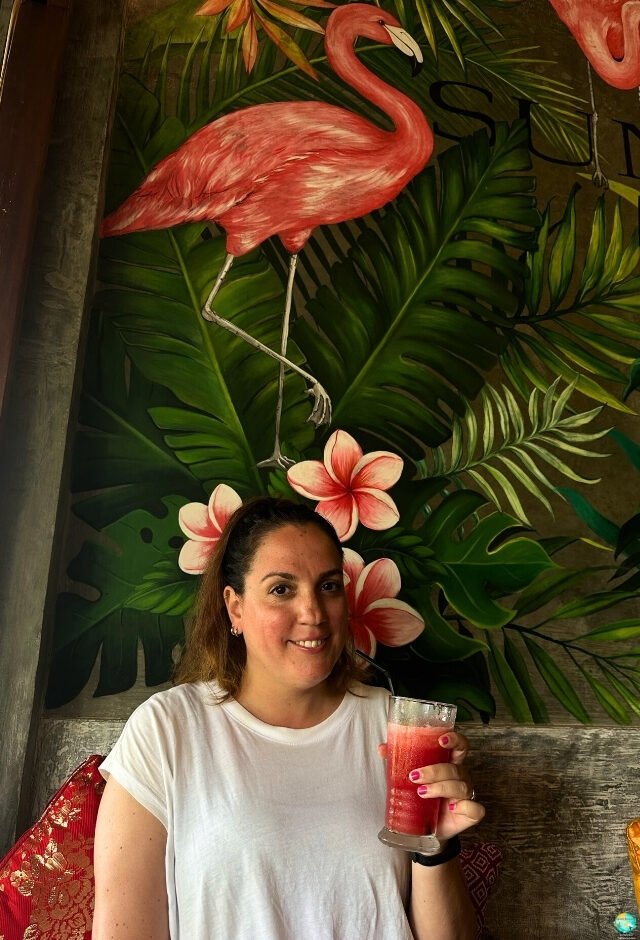

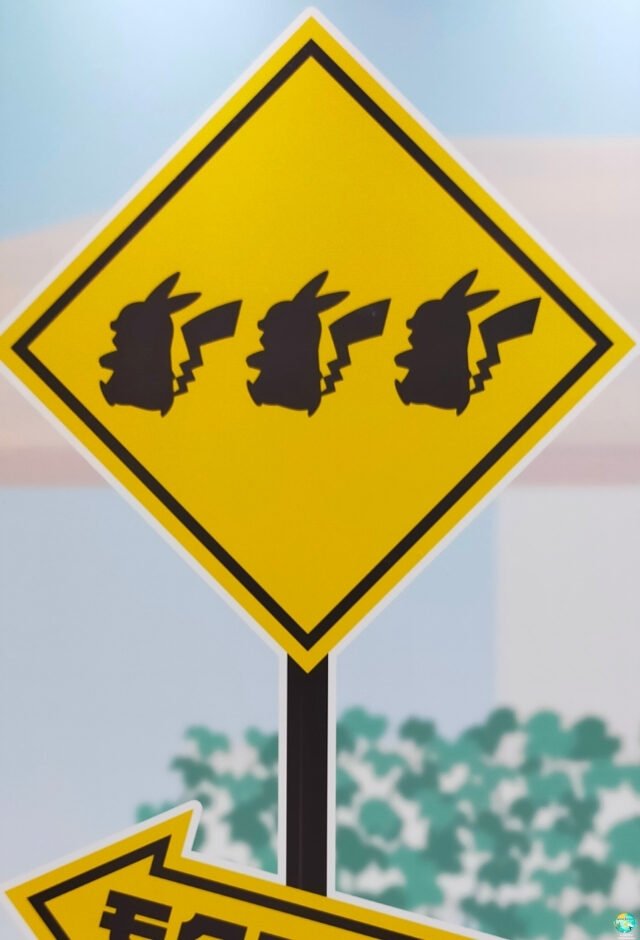
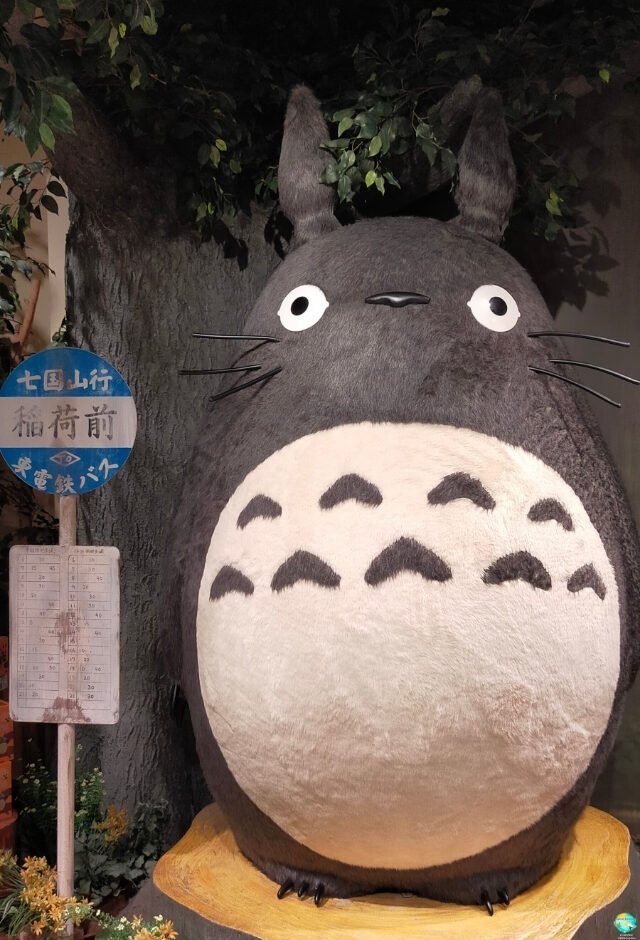

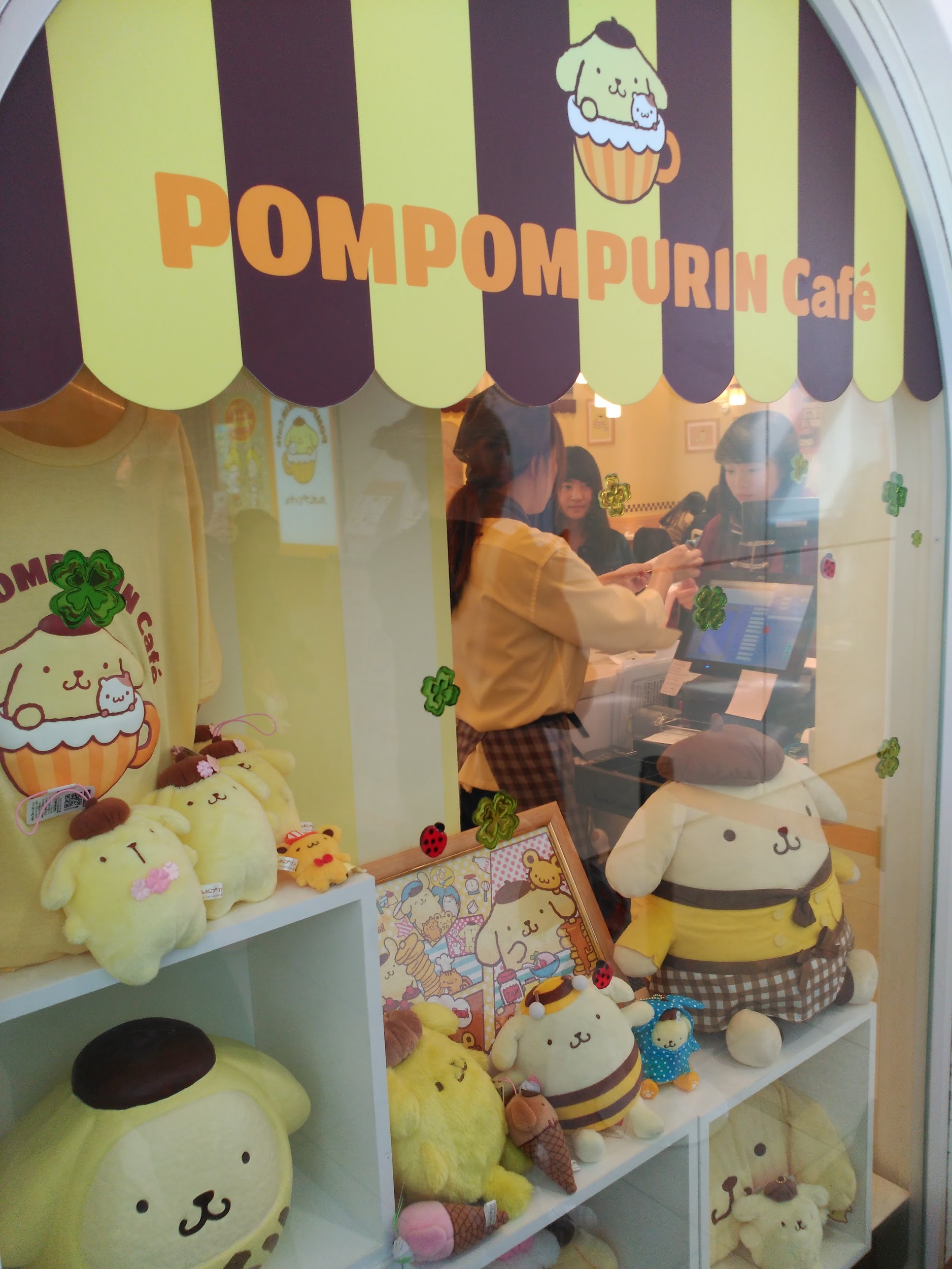
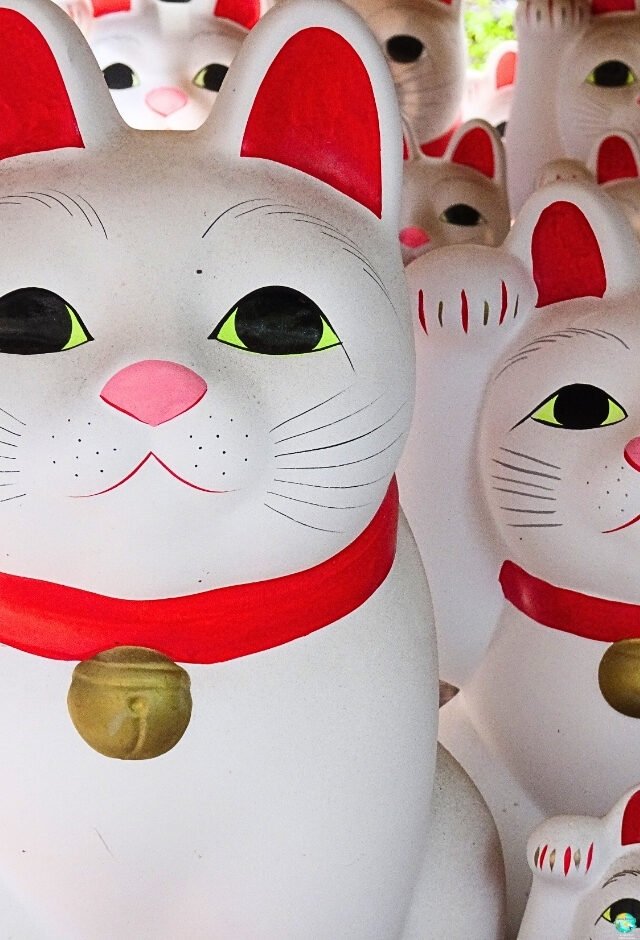



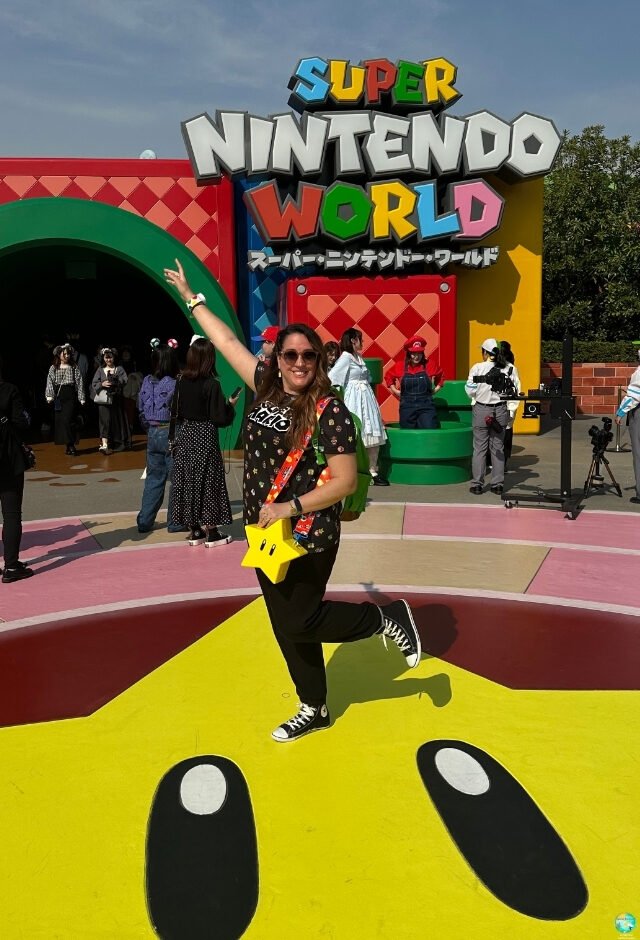

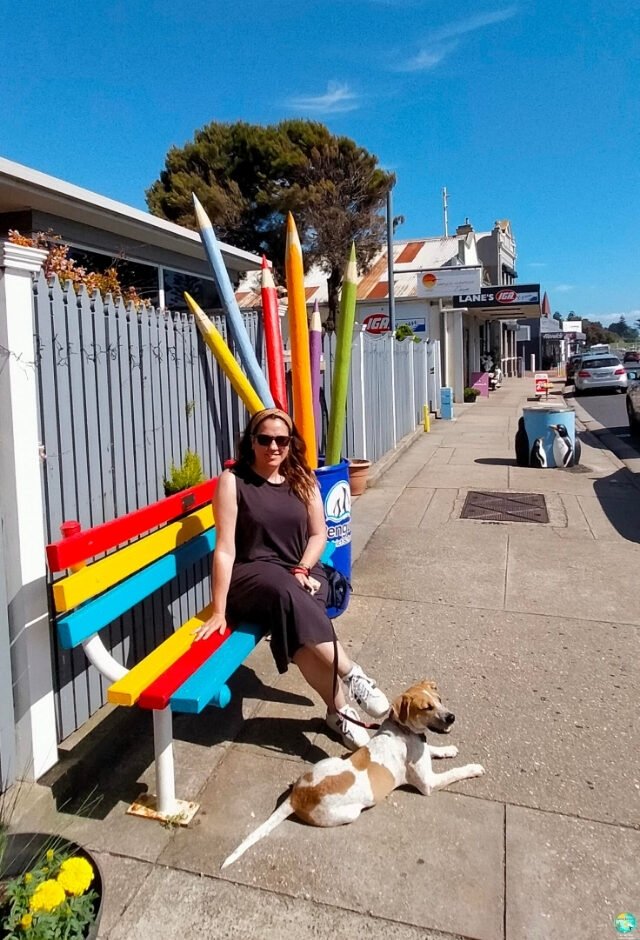




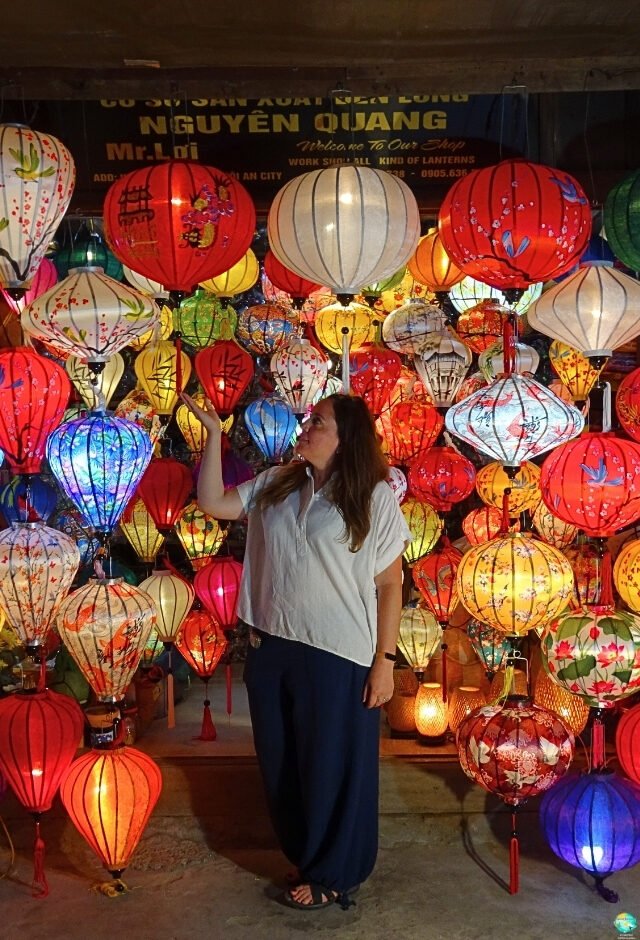




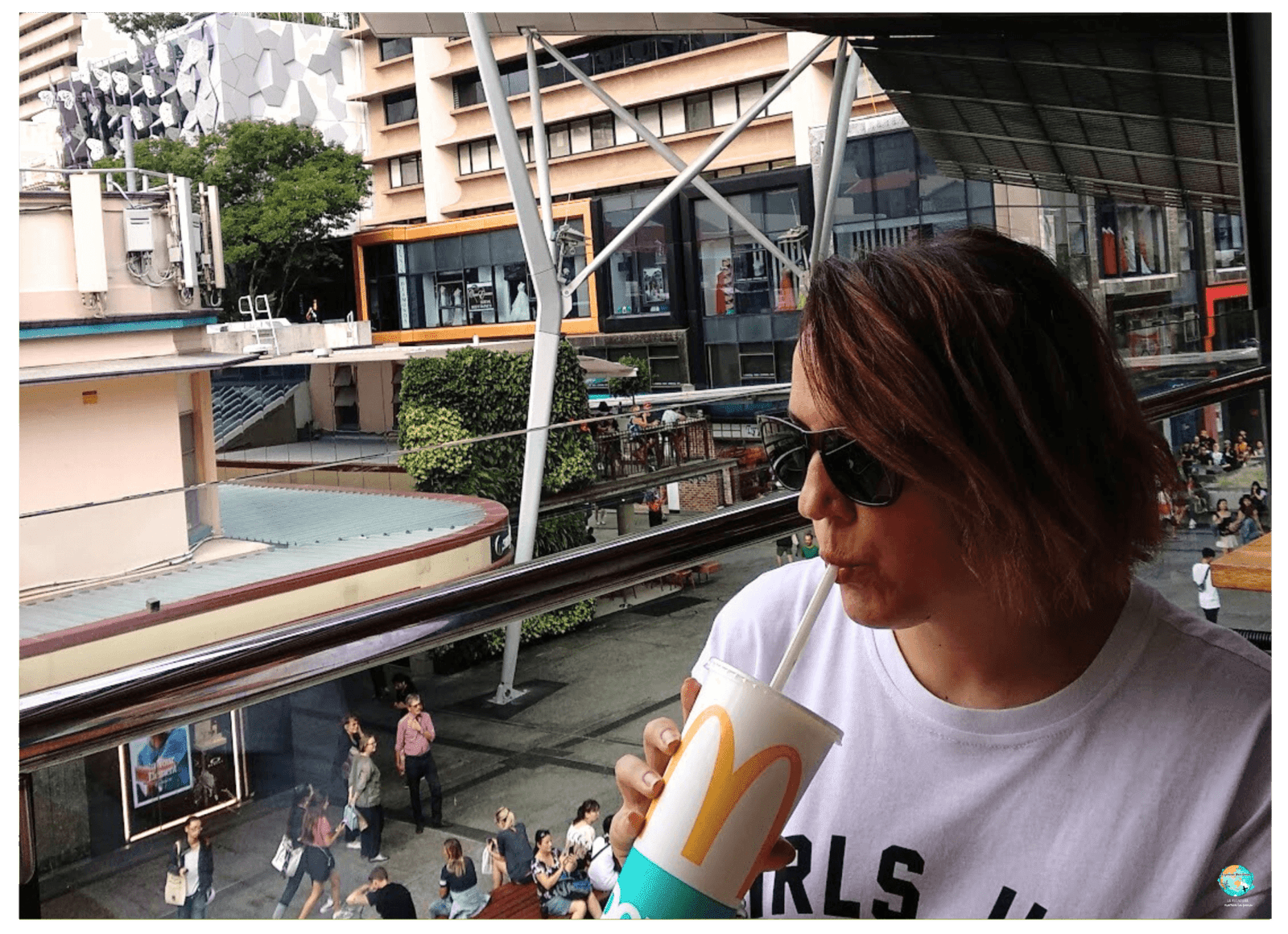






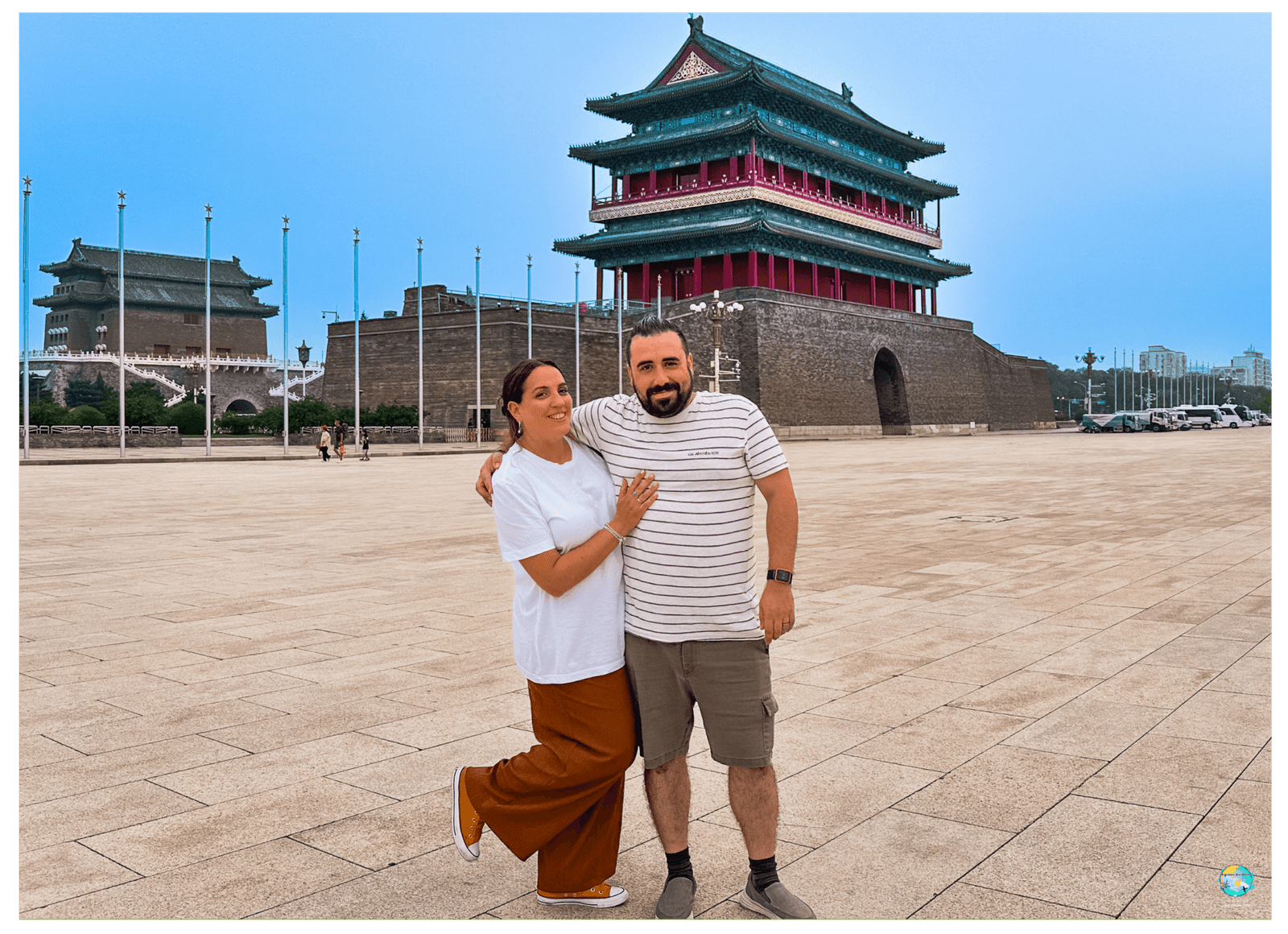
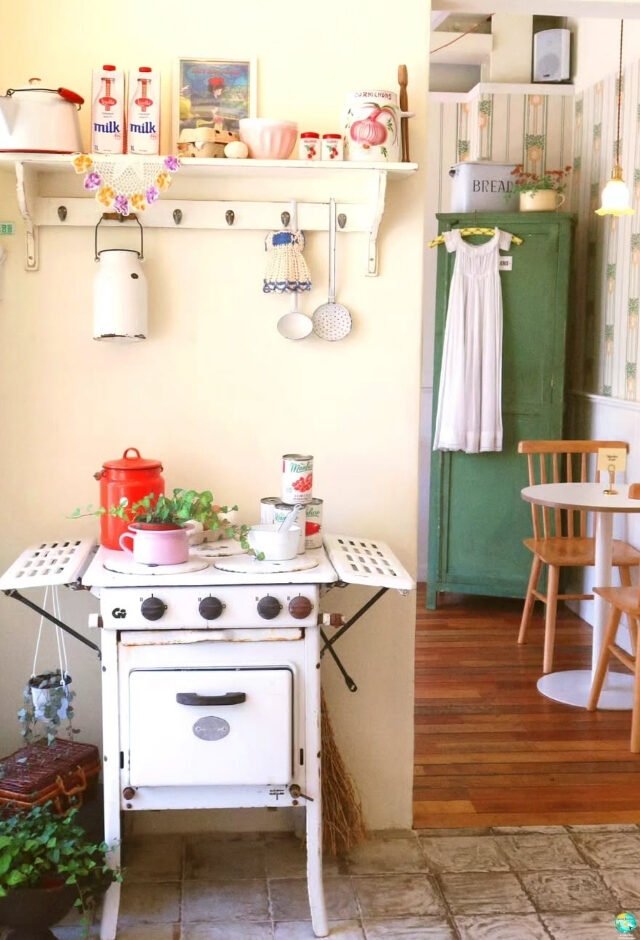
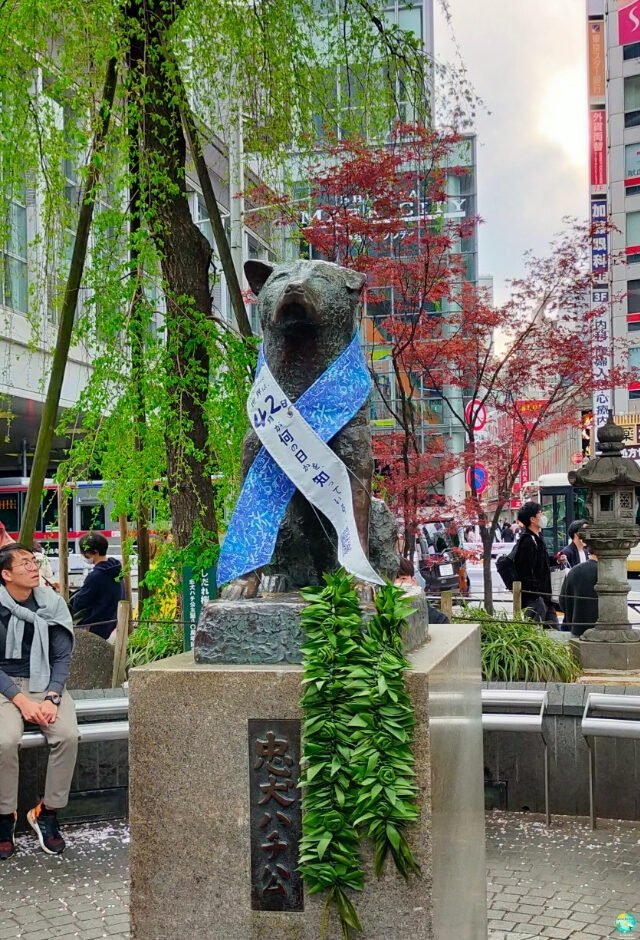
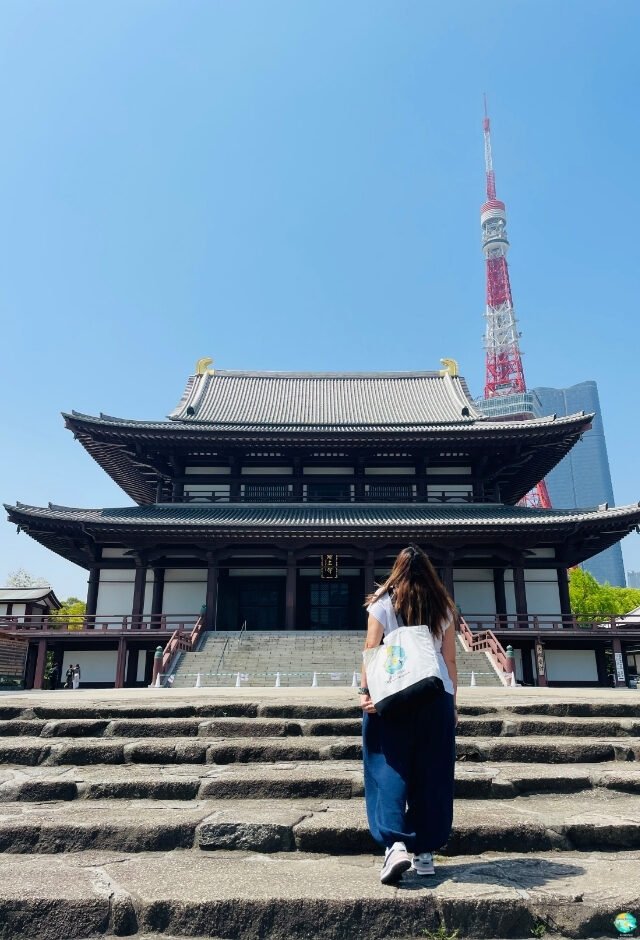
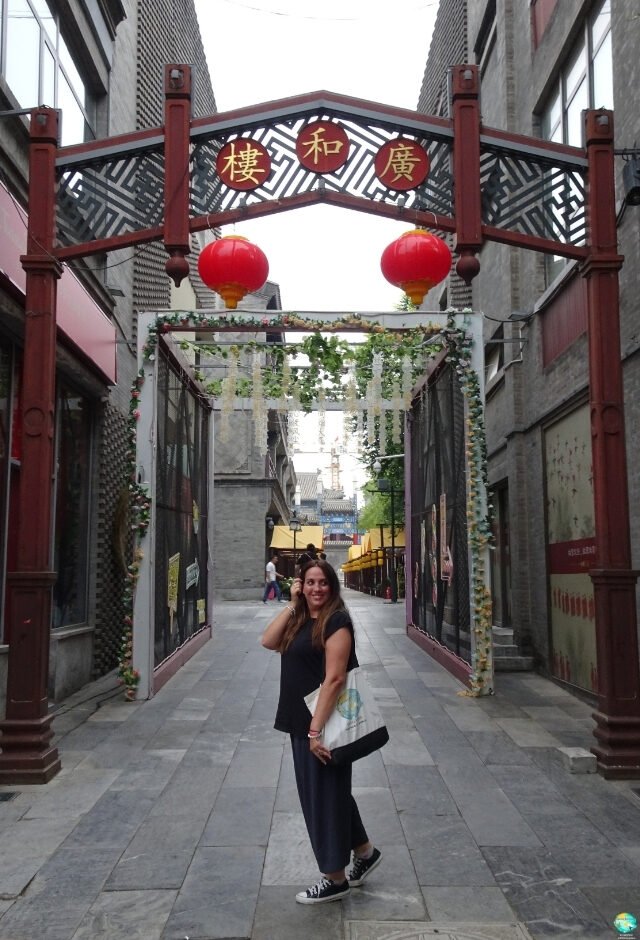
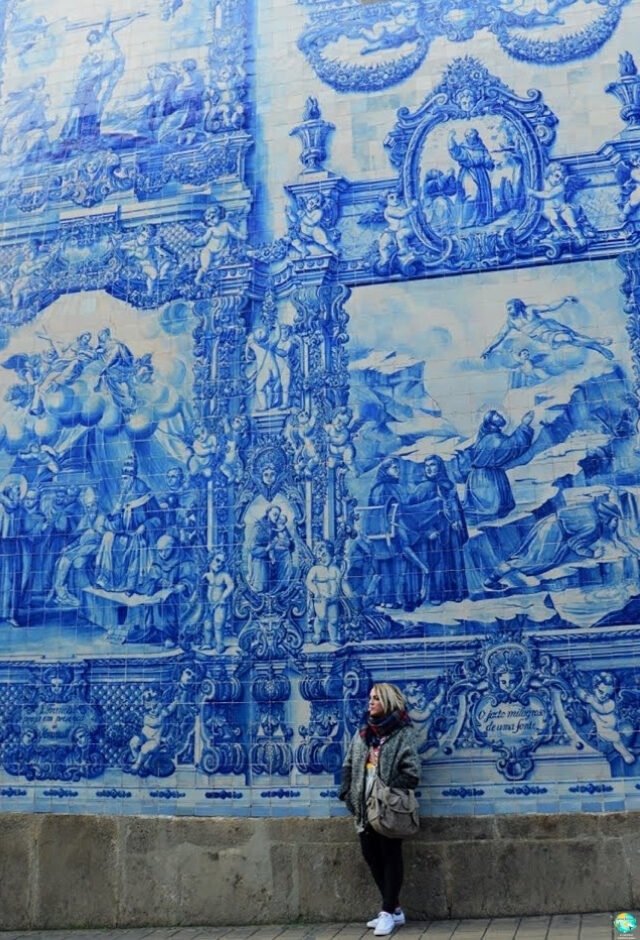

![Blog List Image ✈️ CÓMO ORGANIZAR UN VIAJE A NUEVA ZELANDA [ACTUALIZADO 2025]](https://experienceyourdream.com.au/wp-content/uploads/2025/06/Blog-List-Image-✈️-COMO-ORGANIZAR-UN-VIAJE-A-NUEVA-ZELANDA-ACTUALIZADO-2025.jpg)

